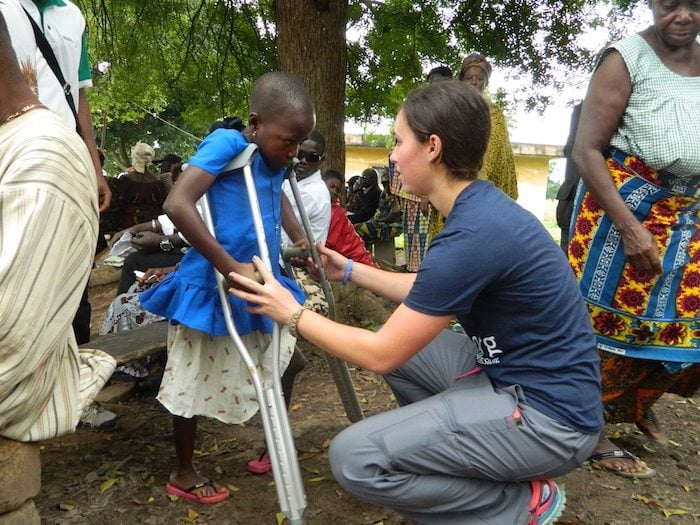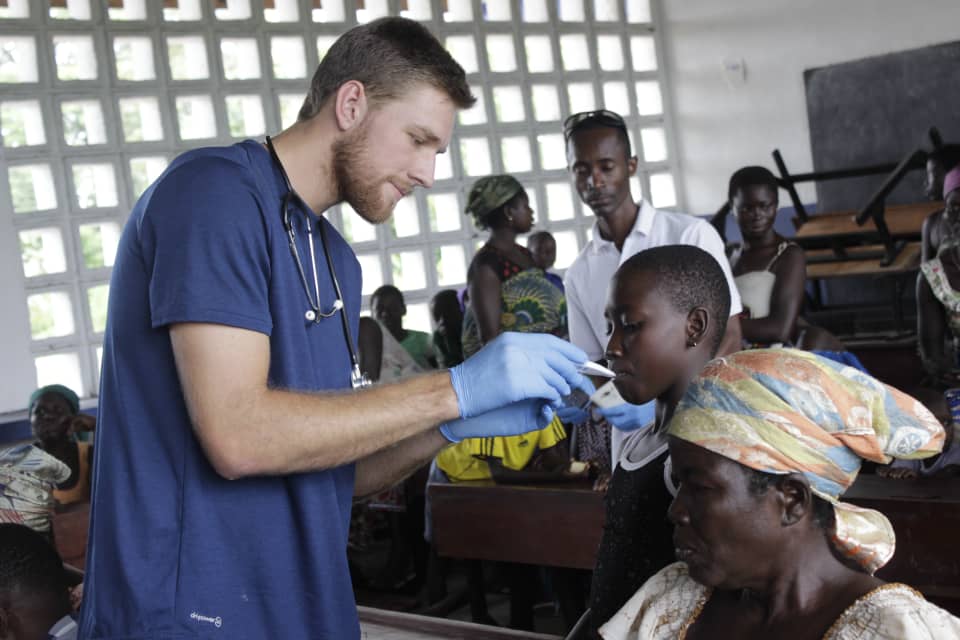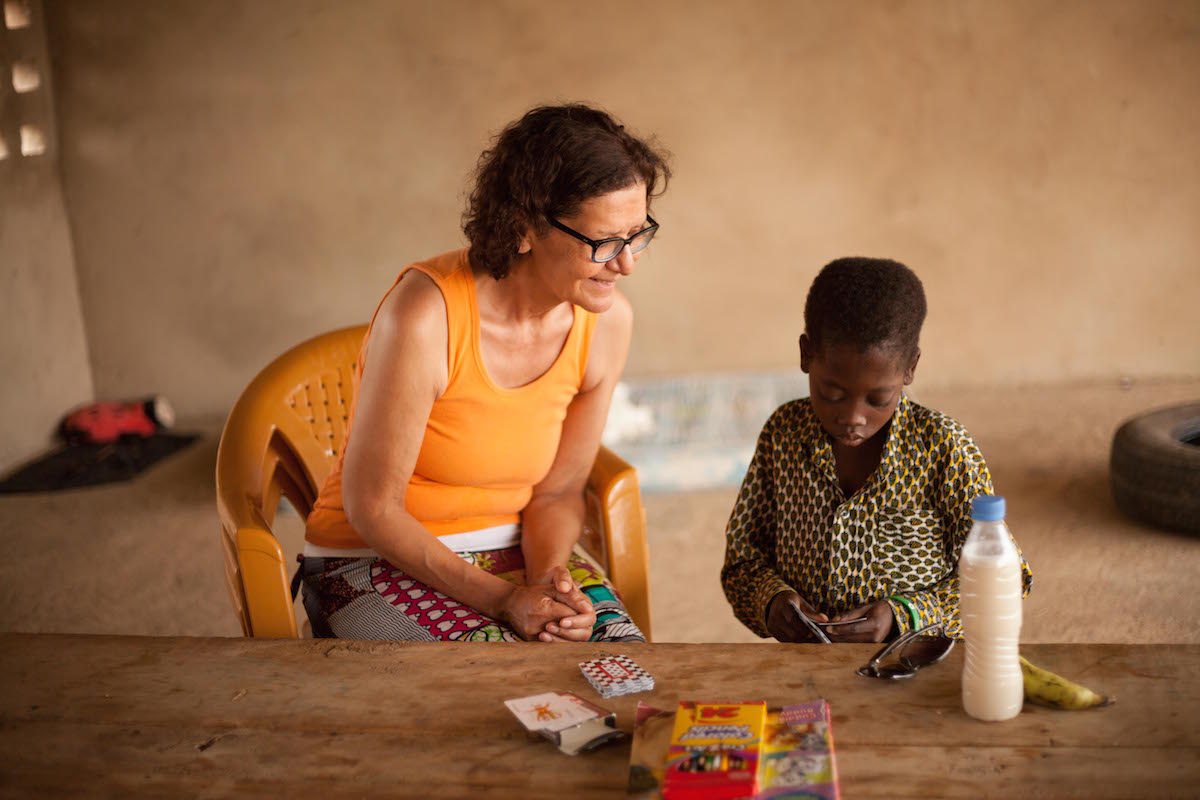Volunteer in Togo, Africa
- Ophthalmic Surgeon
- Ophthalmic Nurse
- Ophthalmic Technician
- Registered Nurse
- Farming Educator
Volunteer in Tyler, TX
Go to contact page if you are interested in serving Sight.org in any of the positions listed below.
Data Entry
Volunteer Position
Estimated time needed: 10 hours / week
Special Event Volunteers
Estimated time needed: 1-3 hours at event
Various duties to choose from: put up flyers/posters/signs, man a station, help serve lunch, man registration booth, help set up, help tear down after event, help with mail outs
Office Volunteer
Estimated time needed: flexible
Various duties to choose from: hand write thank you notes, address brochures, help with website coding, help with event planning, help with mail outs
General Volunteer
Estimated time needed: flexible
Tell us your gifts and interests, and we will find a great fit for you!
Volunteer From Wherever You Are!
Donate your birthday or any special holiday!





"*" indicates required fields